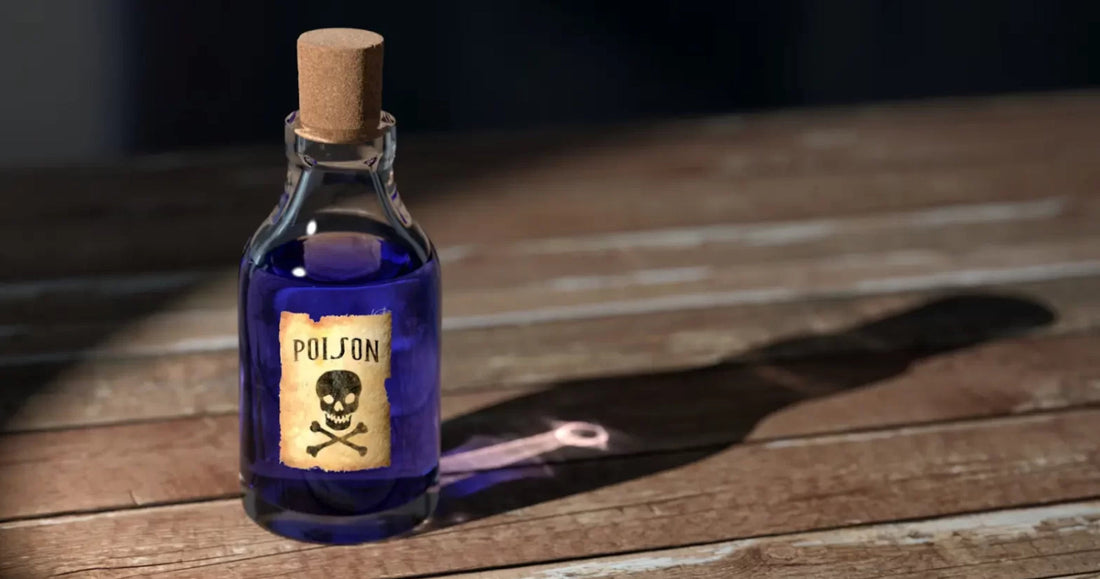Chemicals Hampering our Ability to Have Children

 If you’re of that age when everyone around you seems to be popping out a new edition to the family, you may also have noticed a disturbing trend; many young couples are also having difficulty conceiving. Yes, we are waiting longer to have children these days, but what if other factors are at work as well? What if the air we breathe and the chemicals we come into contact with every day are affecting our ability to conceive?
If you’re of that age when everyone around you seems to be popping out a new edition to the family, you may also have noticed a disturbing trend; many young couples are also having difficulty conceiving. Yes, we are waiting longer to have children these days, but what if other factors are at work as well? What if the air we breathe and the chemicals we come into contact with every day are affecting our ability to conceive?
A group of the world’s leading scientists say that’s exactly what’s happening. Researchers with the International Federation of Gynecology and Obstetrics (FIGO) say the dramatic increases in our exposure to toxic chemicals in the last 40 years is now threatening human reproduction.
"We are drowning our world in untested and unsafe chemicals, and the price we are paying in terms of our reproductive health is of serious concern," said Gian Carlo Di Renzo, MD, PhD, Honorary Secretary of FIGO and lead author of the FIGO opinion.
The group says that they are all seeing first-hand the increasing health problems facing their patients and say more needs to be done to reduce exposure.
"Physicians need to do more than simply advise patients about the health risks of chemical exposure," said Jeanne A. Conry, MD, PhD, a co-author of the FIGO opinion. "We need to advocate for policies that will protect our patients and communities from the dangers of involuntary exposure to toxic chemicals."
The group says that many conditions have already been linked to chemicals, pesticides, air pollutants, plastics, solvents and more. They name a frightening and extensive list including miscarriage, still birth, impaired fetal growth, congenital malformations, impaired or reduced brain development, and an increase in cancer, attention problems, ADHD behaviors and hyperactivity.
But are these scientists and all of us, up against a machine that can’t be conquered? In the U.S., the chemicals industry is one of the largest manufacturing industries. Tens of thousands of pounds of chemicals are produced annually; most have which have not been tested for the effects on human health.
The FIGO scientists even point out that international trade agreements, that help move chemicals around the globe, weaken controls and regulations designed to protect communities from toxic chemicals.
So if we can’t slow down the chemical machine, what can we do stem our own exposure? Air quality experts say there are lots of steps that we can take to at least reduce our exposure:
- Reduce your chemical use. That means your personal care products, cleaning supplies, scented products, getting rid of old paint, solvents and other things that may be hanging around the garage.
- Change your furnace filters, try and improve your ventilation and use an air cleaner
- Don’t smoke in or around your home. For smokers, that’s a tough one to swallow, since they have nowhere else to go, but smoke is still a main factor in indoor air pollution.



